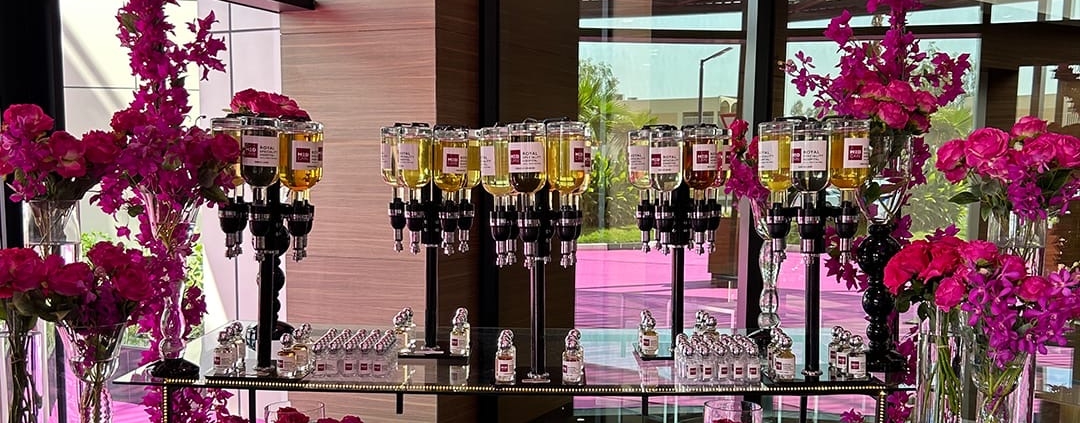How Social Media Became Essential for Successful Events
In today’s digital age, social media has revolutionized the way events are planned, promoted, and executed. From corporate conferences to community gatherings, social platforms have become indispensable tools for event organizers seeking to maximize their reach and engagement. Let’s explore how social media has transformed the Successful Events landscape.
Expanding Reach and Audience Engagement for Successful Events
One of the primary advantages of social media is its unparalleled ability to expand reach. Platforms like Facebook, Instagram, and LinkedIn allow event organizers to connect with potential attendees across diverse demographics. Through targeted advertising and strategic content sharing, events can attract audiences far beyond traditional marketing methods.
Social media also fosters engagement before, during, and after Successful Events. Attendees can interact with organizers and each other, building anticipation and community around the event. This engagement often continues long after the event has concluded, creating lasting connections and increasing the likelihood of future participation.
Real-Time Communication and Updates
In the fast-paced world of event planning, real-time communication is crucial. Social media platforms provide the perfect solution for instant updates about schedule changes, special announcements, or last-minute additions to the event lineup. This immediate communication helps keep attendees informed and engaged throughout the event experience.
Visual Storytelling and Live Updates
The visual nature of platforms like Instagram and TikTok makes them ideal for sharing live updates, photos, and videos from events. Even those who cannot attend in person can experience the event virtually through engaging visuals shared on social media. This not only creates excitement but also encourages others to attend future events.
Effective Event Promotion
Promoting an event through social media is both cost-effective and efficient. Organizers can create event pages on platforms like Facebook that allow for RSVPs and discussions among attendees. Additionally, targeted ads can help reach specific demographics interested in the event’s theme or content.
Gathering Feedback and Insights
Post-event feedback is essential for continuous improvement. Social media provides an effective way to gather insights from attendees through comments, polls, and direct messages. Understanding what worked well and what could be improved helps organizers refine their strategies for future events.
Networking Opportunities
Social media enables attendees to connect with each other before and after the event. This networking aspect is especially valuable in professional settings, where building relationships can lead to collaborations or partnerships. Platforms like LinkedIn are particularly useful for fostering these connections in a business context.
Influencer Marketing
Collaborating with social media influencers can significantly boost an event’s visibility. Influencers have established audiences that trust their recommendations, making them powerful allies in promoting events. By partnering with influencers relevant to your event’s theme or industry, you can attract more attendees through their networks.
Engagement and Interaction
Social media fosters a sense of community around events. Attendees can share their experiences, post photos, and engage in discussions using event-specific hashtags. This user-generated content not only increases engagement but also serves as authentic promotion for future events.
Conclusion: Embracing Social Media for Event Success
In conclusion, social media has become an indispensable tool for successful event planning and execution. Its ability to expand reach, facilitate real-time communication, enhance the event experience, and provide valuable insights makes it essential for modern events.
As you prepare for your next gathering, consider how you can leverage social media to create a memorable experience for your attendees. By embracing these platforms, you can ensure that your events are not only successful but also engaging and impactful.
Remember, effective use of social media can:
- Expand your event’s reach to a wider audience
- Facilitate real-time communication with attendees
- Enhance engagement through visual storytelling
- Provide effective promotion channels
- Offer valuable feedback and insights
- Create networking opportunities
- Leverage influencer partnerships for increased visibility
By incorporating these strategies, you can harness the full power of social media to elevate your events and create lasting impressions on your attendees.



Leave a Reply
Want to join the discussion?Feel free to contribute!